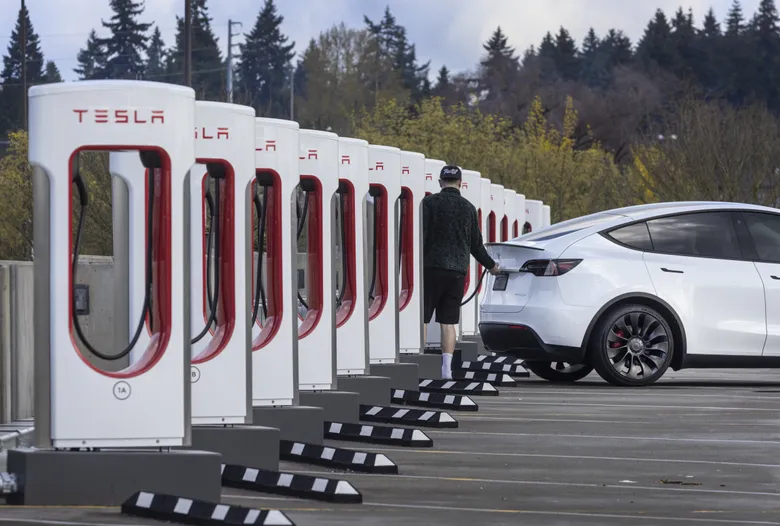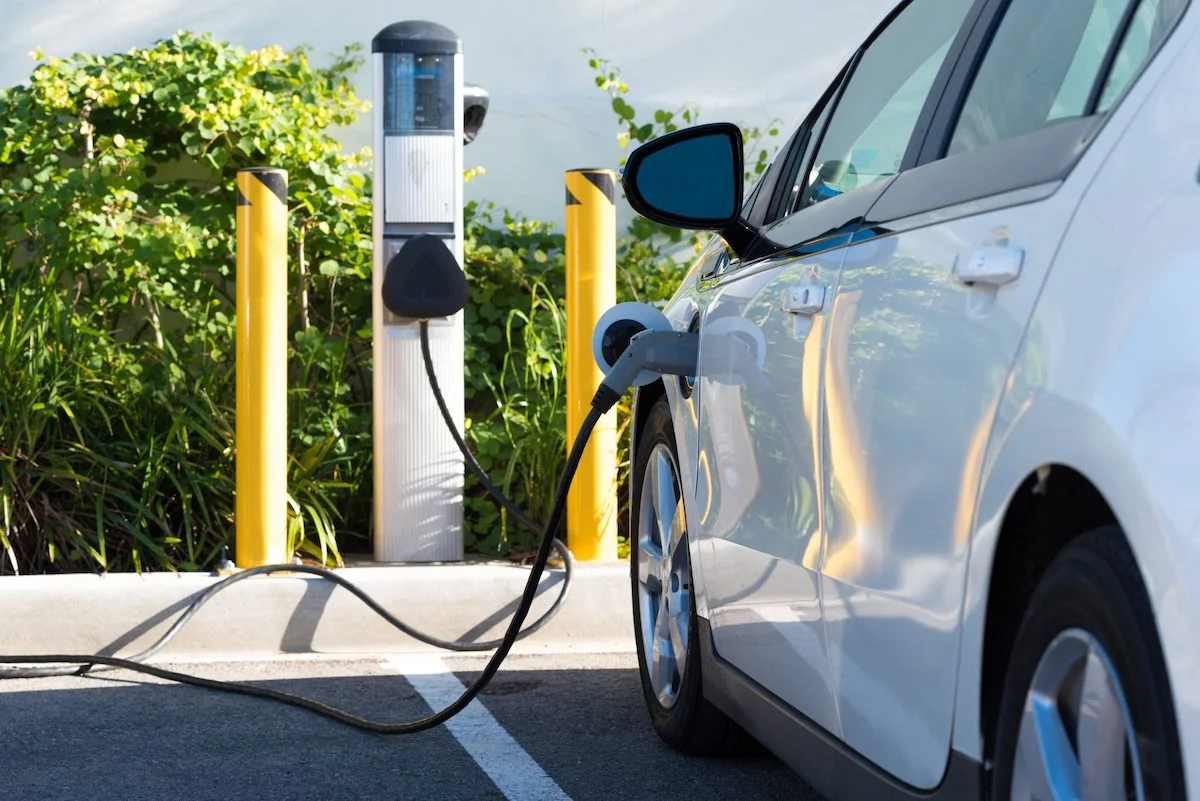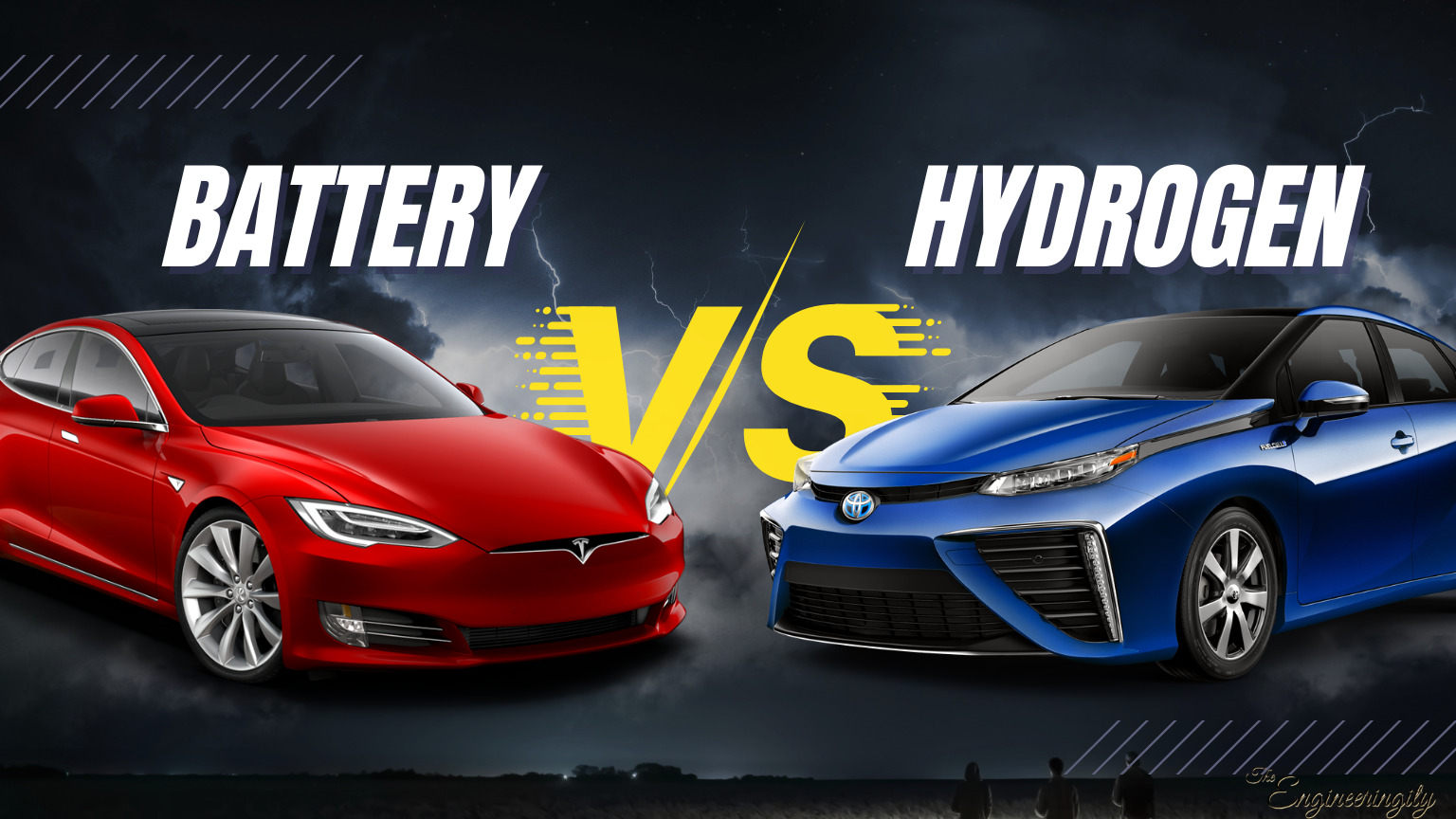The state of Washington is a leader in the transition to electric vehicles (EVs). With its abundant clean energy resources and commitment to sustainability, Washington is making it easy and affordable for residents to switch to electric cars.
In this article, we will explore everything you need to know about electric cars in Washington State, including:
- The benefits of owning an electric car
- The different types of electric cars available
- Where to find charging stations
- Incentives and rebates available to EV owners
- The future of electric cars in Washington
Benefits of Owning an Electric Car
There are many benefits to owning an electric car, including:
- Reduced emissions: Electric cars produce zero tailpipe emissions, which helps to improve air quality and reduce greenhouse gas emissions.
- Lower operating costs: Electric cars are much cheaper to operate than gasoline-powered cars. The cost of electricity is significantly lower than the cost of gasoline, and electric cars require less maintenance.
- Improved performance: Electric cars offer instant acceleration and smooth, quiet operation.
- State and federal incentives: There are a number of state and federal incentives available to EV owners, which can make the purchase of an electric car more affordable.
Types of Electric Cars Available
There are three main types of electric cars available:
- Battery electric vehicles (BEVs): BEVs are the most common type of electric car. They are powered by a large battery that is charged using electricity. BEVs have a range of about 100 to 300 miles on a single charge.
- Plug-in hybrid electric vehicles (PHEVs): PHEVs have both an electric motor and a gasoline engine. They can be plugged in to charge the battery, but they can also run on gasoline when the battery is depleted. PHEVs have a range of about 20 to 50 miles on electric power alone.
- Hybrid electric vehicles (HEVs): HEVs do not need to be plugged in. They have a small battery that is charged by the gasoline engine and the brakes. HEVs can only operate on electric power for a short distance, but they can get better fuel economy than gasoline-powered cars.
Where to Find Charging Stations
The number of charging stations for electric cars is growing rapidly. There are now over 40,000 public charging stations in the United States, and more are being added every day. You can find charging stations using a variety of online tools, including the U.S. Department of Energy’s Alternative Fueling Station Locator.
Incentives and Rebates for EV Owners
There are a number of state and federal incentives available to EV owners. These incentives can make the purchase of an electric car more affordable.
Federal Incentives:
- The federal government offers a tax credit of up to $7,500 for the purchase of an electric car.
- The federal government also offers a tax credit for the installation of home charging stations.
State Incentives:
- The state of Washington offers a variety of incentives for EV owners, including:
- A sales tax exemption for the purchase of an electric car.
- A rebate of up to $2,500 for the purchase of an electric car.
- A grant of up to $1,000 for the installation of a home charging station.
The Future of Electric Cars in Washington
The future of electric cars in Washington is bright. The state is committed to making electric cars the norm, and it is investing heavily in the infrastructure needed to support a growing fleet of electric vehicles.
Read too: Unveiling the Innovative Features of the Byd Dolphin Electric Car: Diving into the Future
Conclusion
Electric cars are a great option for drivers in Washington State. They offer a number of benefits, including reduced emissions, lower operating costs, and improved performance. There are a number of incentives available to EV owners, which can make the purchase of an electric car more affordable. The future of electric cars in Washington is bright, and the state is making it easy and affordable for residents to switch to electric cars.





